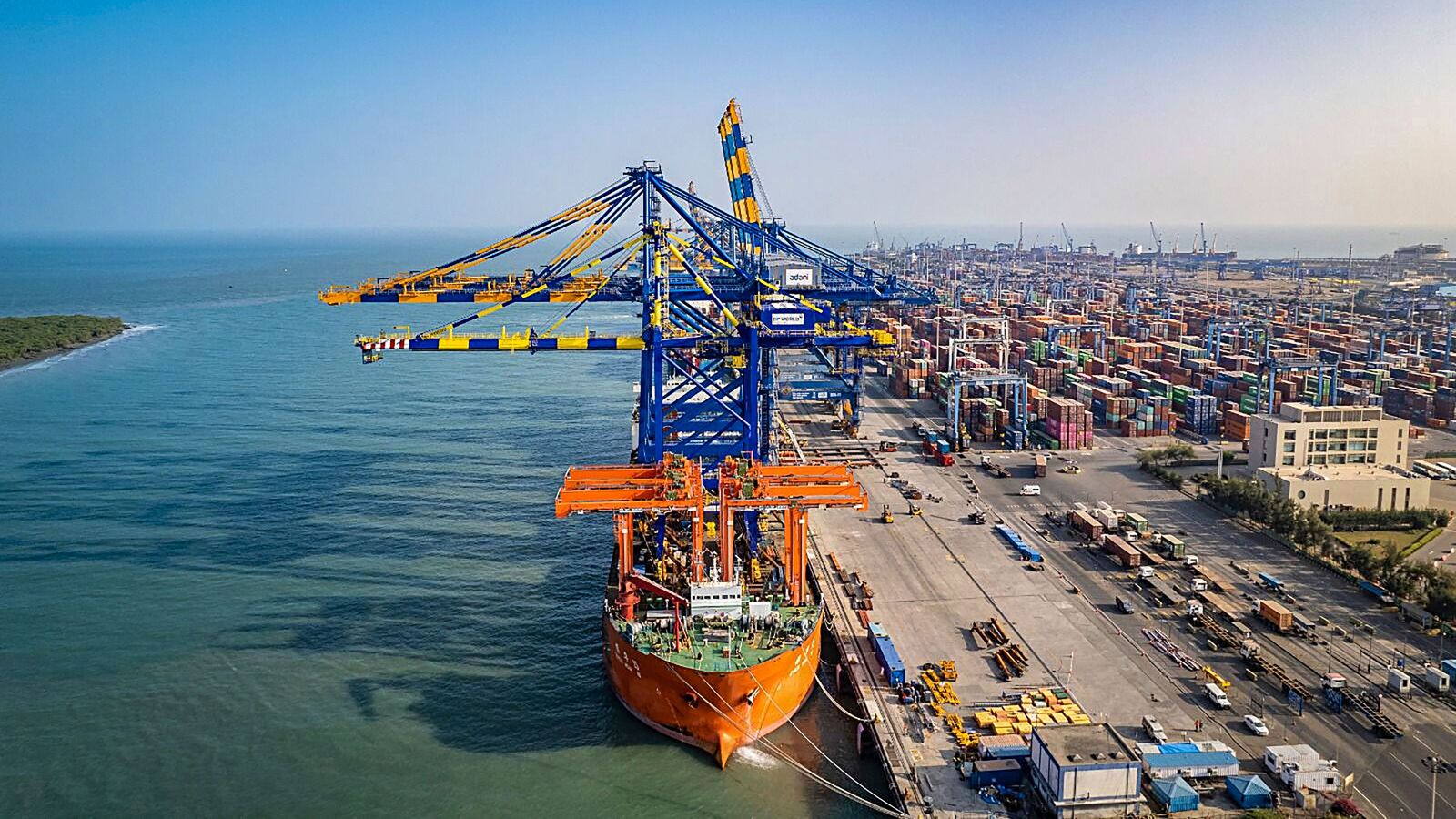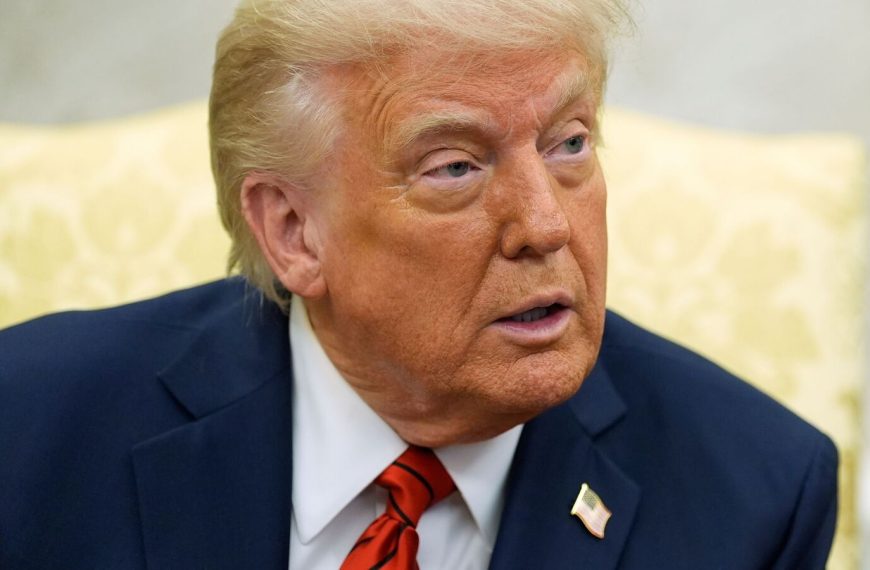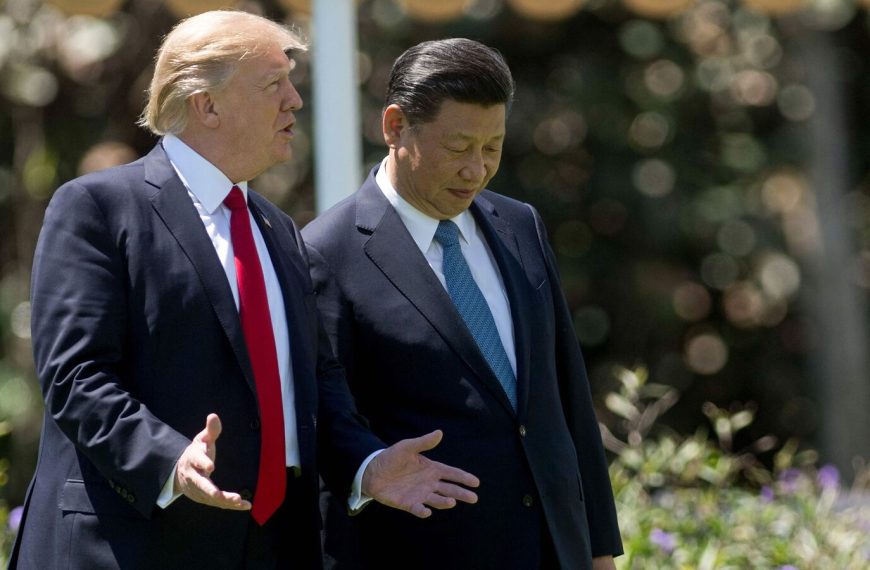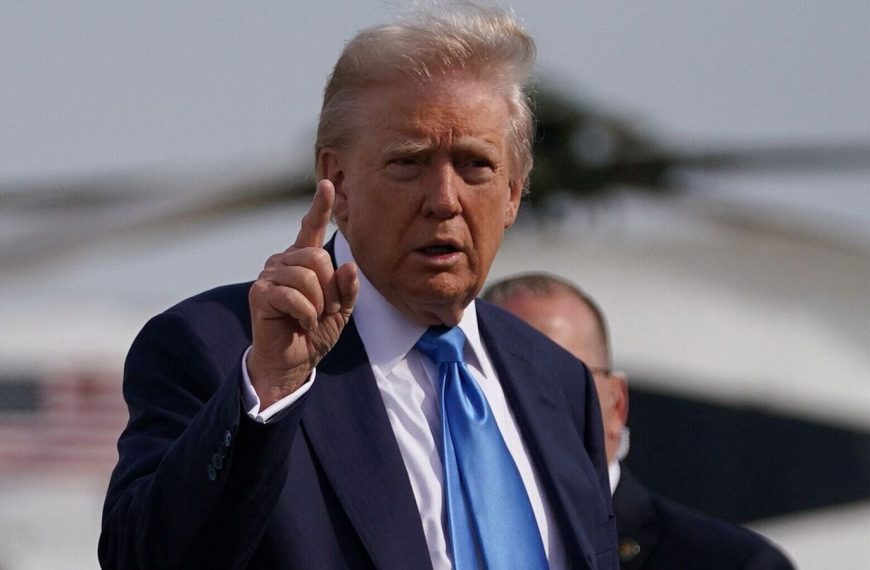Indian businesses are finding innovative ways to navigate trade restrictions with Pakistan, funneling over ₹85,000 crore (approximately $10 billion) worth of goods annually through indirect routes. According to the Global Trade Research Initiative (GTRI), these companies are using ports in Dubai, Singapore, and Colombo to sidestep direct trading bans. This strategy highlights the lengths to which businesses will go to access restricted markets.
Indirect Trade Channels
The GTRI has revealed that Indian firms are shipping their products to these intermediary ports, where independent entities manage the unloading of consignments. These items are then stored in bonded warehouses—facilities that allow goods to be held without the immediate payment of customs duties. This method not only helps to obscure the origins of the goods but also facilitates their eventual resale.
- Goods are relabeled as “Made in UAE”
- Direct trade with Pakistan remains prohibited
- The process includes modifying labels and documents
“By using bonded warehouses, Indian products can be rebranded as originating from a different country,” explained Ajay Srivastava, founder of GTRI. This tactic allows the goods to be shipped to Pakistan, circumventing the existing trade embargo.
Economic Implications
This indirect trading method carries not just operational advantages but also financial ones. By using a third-party port, prices can be adjusted to account for additional storage and paperwork costs, thus enabling access to a market that would otherwise be off-limits.
However, this trade model resides in a grey area. Srivastava noted, “While this transshipment model isn’t outright illegal, it certainly skirts the edges of legality. Businesses are adept at finding ways to keep trade flowing, often outpacing governmental responses.” GTRI estimates that Indian exports worth over $10 billion reach Pakistan annually using this route.
Current Trade Landscape
In the fiscal year from April 2024 to January 2025, India’s exports to Pakistan were measured at $447.65 million. The relationship between the two nations has soured, especially after India’s decision to close the Attari Integrated Check Post amid rising tensions following a terror attack in Pahalgam. In retaliation, Pakistan announced a suspension of all trade with India.
India’s overall export performance has been robust, with the Ministry of Commerce and Industry reporting $820.93 billion in goods and services exported in the fiscal year 2024-25, up from $778.13 billion the previous year. Major exports include:
- Rice
- Tea
- Coffee
- Pharmaceuticals
- Electronics
Key Export Destinations
The United States, Australia, and Kenya emerged as top markets for Indian exports, with growth rates of 35.06%, 70.81%, and 98.46%, respectively. Meanwhile, India continues to import significant quantities from nations such as the UAE, China, and Saudi Arabia.
By leveraging alternative trading routes, Indian companies are navigating complex geopolitical landscapes, illustrating the resilience and adaptability of international commerce in the face of regulatory hurdles.











